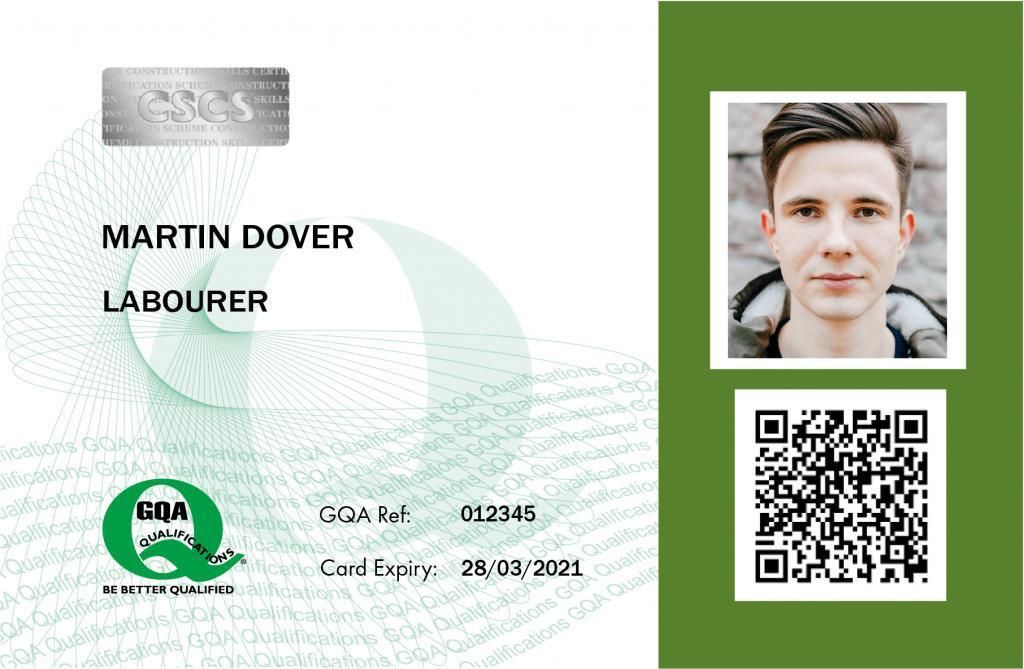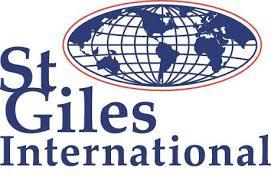
Strategic Planning, Sustainable Leadership and Organization Performance
Course ID: 2507072701071EGI
Course Dates : 07/07/25 Course Duration : 10 Studying Day/s Course Location: Barcelona, Spain
Language: Bilingual
Course Category: Professional and CPD Training Programs
Course Subcategories: Leadership and Management Excellence
Course Certified By: * Projacs Academy
* Professional Training and CPD Programs
Certification Will Be Issued From :
KSA
Course Fees: £8,895.11
Vat Not Included in the price. VAT may vary depending on the country where the course or workshop is held.
Click to Pay
Date has passed please contact us Sales@e-s-hub.com
Course Information
Introduction
Strategic planning and sustainable leadership are cornerstones of organizational success in an era defined by rapid change, evolving stakeholder expectations, and increasing competition. These disciplines not only guide organizations toward achieving their long-term goals but also ensure that they operate responsibly and ethically. For professionals tasked with driving performance, understanding the intersection of strategic foresight and sustainability is critical to fostering resilience and innovation. The course delves into frameworks such as Michael Porter’s Shared Value model and Kaplan and Norton’s Balanced Scorecard, equipping participants with tools to align vision with actionable strategies.
A significant challenge facing modern organizations is the disconnect between strategy formulation and execution. Research indicates that nearly 70% of strategic initiatives fail due to poor implementation or lack of alignment across teams. This gap often stems from inadequate leadership practices or insufficient integration of sustainability principles into core business operations. By addressing these issues, the course aims to bridge theory and practice, enabling participants to design robust plans that translate into measurable outcomes. For instance, Patagonia’s commitment to environmental stewardship has not only enhanced its brand reputation but also driven financial growth—a testament to the power of aligning purpose with profit.
Sustainable leadership goes beyond traditional management paradigms by emphasizing adaptability, inclusivity, and ethical decision-making. Leaders who embrace this approach are better equipped to navigate disruptions, inspire diverse teams, and foster cultures of continuous improvement. Drawing on insights from thought leaders like John Kotter and Peter Senge, the course explores how adaptive leadership can transform organizational dynamics. Consider Unilever’s Sustainable Living Plan, which redefined corporate responsibility while delivering consistent returns—an example of sustainable leadership in action.
The benefits of mastering strategic planning and sustainable leadership extend beyond individual career advancement; they contribute to broader organizational resilience and societal impact. Participants will gain competencies that enhance their ability to anticipate market shifts, manage risks, and leverage opportunities for innovation. Moreover, organizations stand to benefit from improved efficiency, stronger stakeholder relationships, and enhanced competitive positioning. As industries increasingly prioritize ESG (Environmental, Social, Governance) criteria, professionals equipped with these skills become invaluable assets.
Real-world applications underscore the practical relevance of the course material. For example, Tesla’s strategic focus on renewable energy solutions has disrupted the automotive industry while addressing global climate concerns. Similarly, Microsoft’s commitment to becoming carbon negative by 2030 demonstrates how visionary leadership can drive transformative change. Through case studies and interactive exercises, participants will analyze such examples to extract actionable lessons applicable to their own contexts.
Ultimately, this course empowers participants to lead with purpose and precision. Whether navigating complex regulatory environments, engaging stakeholders, or designing future-ready strategies, attendees will emerge with a comprehensive toolkit to elevate both personal and organizational performance. By blending cutting-edge research with hands-on learning, the program ensures that participants are prepared to tackle contemporary challenges and seize emerging opportunities.
Objectives
By attending this course, participants will be able to:
Analyze the components of effective strategic planning frameworks and evaluate their applicability to specific organizational contexts.
Design sustainable leadership models that integrate ethical considerations, stakeholder engagement, and long-term value creation.
Implement performance measurement systems using tools like the Balanced Scorecard to track progress and optimize results.
Apply best practices in change management to overcome resistance and align teams with strategic objectives.
Evaluate the role of innovation and digital transformation in enhancing organizational agility and sustainability.
Who Should Attend?
This course is ideal for:
Senior executives and managers seeking to refine their strategic planning capabilities.
HR professionals responsible for developing leadership pipelines within their organizations.
Consultants and advisors aiming to offer specialized expertise in sustainability and organizational performance.
Entrepreneurs looking to build resilient businesses grounded in sustainable principles.
Training Method
• Pre-assessment
• Live group instruction
• Use of real-world examples, case studies and exercises
• Interactive participation and discussion
• Power point presentation, LCD and flip chart
• Group activities and tests
• Each participant receives a 7” Tablet containing a copy of the presentation, slides and handouts
• Post-assessment
Program Support
This program is supported by:
* Interactive discussions
* Role-play
* Case studies and highlight the techniques available to the participants.
Daily Agenda
The course agenda will be as follows:
• Technical Session 08.30-10.00 am
• Coffee Break 10.00-10.15 am
• Technical Session 10.15-12.15 noon
• Coffee Break 12.15-12.45 pm
• Technical Session 12.45-02.30 pm
• Course Ends 02.30 pm
Course Outlines
Foundations of Strategic Planning
Understanding the strategic planning process
Key frameworks: SWOT analysis, PESTLE analysis
Aligning mission, vision, and values with strategy
Identifying internal and external factors influencing strategy
Day 2:
Sustainable Leadership Principles
Defining sustainable leadership and its importance
Ethical decision-making in leadership roles
Building inclusive and adaptive organizational cultures
Case study: Lessons from successful sustainable leaders
Day 3:
Integrating Sustainability into Strategy
Linking sustainability goals with business objectives
Developing a triple bottom line approach
Stakeholder mapping and engagement strategies
Measuring sustainability impact through KPIs
Day 4:
Performance Measurement Tools
Introduction to the Balanced Scorecard methodology
Setting SMART goals for performance tracking
Monitoring and reporting on key metrics
Addressing gaps in performance data
Day 5:
Change Management Essentials
Models of change management: Lewin’s Change Model, ADKAR
Overcoming resistance to change
Communicating effectively during transitions
Sustaining momentum post-change implementation
Week 2
Day 6:
Innovation and Digital Transformation
Role of innovation in sustaining competitive advantage
Leveraging technology for operational excellence
Design thinking as a tool for creative problem-solving
Examples of digital transformation success stories
Day 7:
Risk Management and Resilience
Identifying and mitigating strategic risks
Crisis management planning and response
Building organizational resilience against disruptions
Scenario planning techniques
Day 8:
Leading High-Performance Teams
Characteristics of high-performing teams
Motivating and empowering team members
Conflict resolution and collaboration strategies
Fostering psychological safety in teams
Day 9:
Compliance and Regulatory Considerations
Navigating legal and regulatory landscapes
Ensuring adherence to ESG standards
Auditing processes for compliance effectiveness
Preparing for audits and inspections
Day 10:
Future Trends and Action Planning
Emerging trends in strategic planning and leadership
Anticipating future challenges and opportunities
Creating actionable roadmaps for implementation
Personal development plans for continued growth



















































